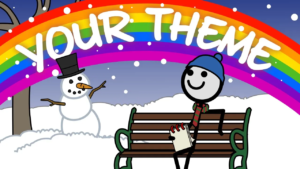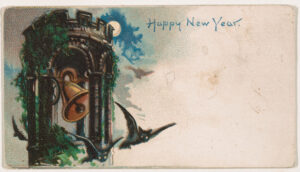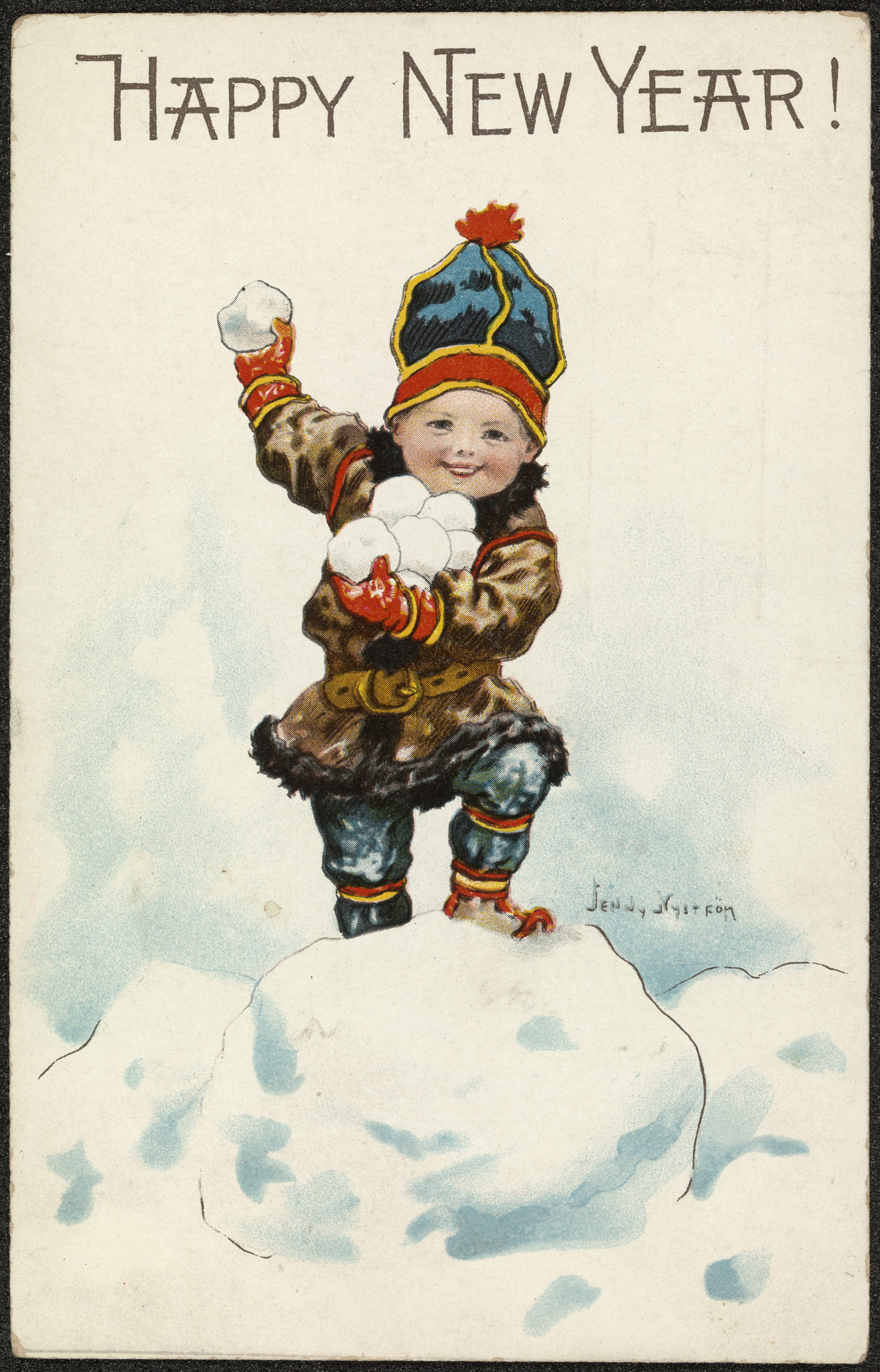“I’ve got this great idea that’ll help improve my life in really measurable and noticeable ways!”
“Oh really? Tell me more! What is it? When did you start?”“No no, I haven’t started yet. Silly. I’m starting on the Feast of St. Lulu.”
“Oh, of course, the Feast of St… Wait, that’s over three months away!”
“True.”
“But you said this would help improve your life in measurable and noticeable ways! Why not start now? Why would you waste the next three months of your life not doing the thing that would make it better?”
“Because that’s not how it’s done.”
“Oh. …Well, does your way at least work?”
“Ha ha ha. …No. No it doesn’t. In fact, I usually fail by Trelawneymas Eve.”
“So…four months later?”
“But this year! This year it’ll definitely work. Look! I downloaded an app!”
I’ve never had much use for New Year’s Resolutions. It seems like a great way to put off an unpleasant but important change, or a convenient scapegoat to blame for why you weren’t able to follow through with one; and the fact that the average resolution fails after 3 months, 2 weeks, 6 days, and 4 hours suggests that “the way it’s done” isn’t really a way to do it at all.
Human habit change is tough. And despite my disdain for resolutions, I do understand the value in setting a date as a breakwater of sorts, after which the tide of your life will (hopefully) change.

“Flowers bloom but briefly, the summer sun will wane, leaves eventually drop, snow falls and snow melts, and flowers bloom but briefly.”
That’s why, when YouTuber and podcaster CGP Grey (who, hey, I just mentioned yesterday) mentioned his idea about “Yearly Themes” in his podcast “Cortex,” I was fascinated by the idea. He later released a video running down the basics. It’s intentionally broad, and based on subtly modifying the trend and trajectory of your life rather than making sweeping pronouncements about huge changes (which inevitably lead to discouragement when you backslide or fail 3 months, 2 weeks, 6 days, and 4 hours later).
I like to think of it as a quest objective in a video game: choose a task from a quest-giver, and then you have a waypoint to follow. When you have an option of paths, you simply choose the path that will get you closer to the waypoint. When you must choose between particular pieces of loot, choose the weapons that will be most effective against the enemies you’re likely to face on the way. If you’re lucky enough to level up as you go, you can choose new perks and skills that will help you against the boss at the end. A yearly theme is guidance without governance, and malleable without being directionless.
Using a yearly theme has been very useful to me over the past few years. In 2020 (what a year that was to start something new!), my “Year of Reconnection,” I made it a point to reconnect with some of the things I had loved as a child and a young adult. In 2021, my “Year of Intentionality”—in which I sought to make decisions more on purpose and less by default—was bearing such dividends and so clearly not done yet that it simply continued into 2022. Last year, after a combination of factors meant that I didn’t have time to think through a theme at the beginning of the year, I started the “Year of Learning About Myself” in April (though I didn’t give it that title at the time). You can find out about that in the ADHD category on this very site.
Which brings us to 2024, which I’m calling “The Year of Storytelling.” Again, it’s intentionally very broad (and in this year’s case, maybe a little overly-poetic), and it encompasses some things that I don’t expect everyone to recognize as connected to storytelling, but I’m hopeful it’ll result in both accomplishments and personal growth. At the bottom line, my quest is simply to find ways to tell better stories, factual or fictional, with words and with actions; to take hold of the stories I can and try to write a better ending.
If you too have had trouble with resolutions, I’d like to invite you to join me by coming up with your own Theme for 2024.
“Your Theme” image © 2020 CGP Grey
All other images public domain




